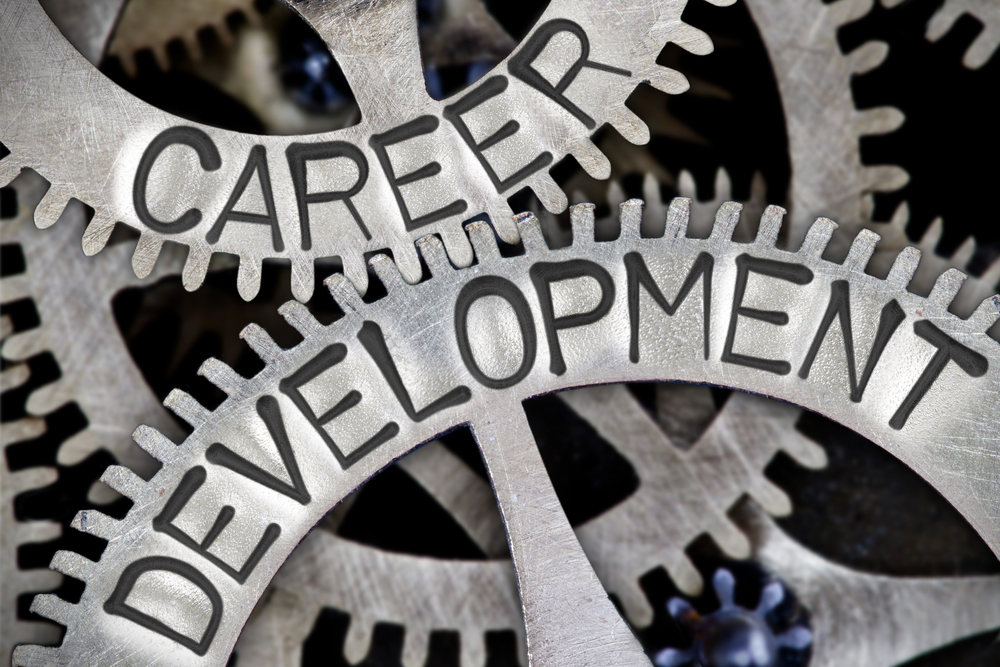New findings from Bridge Instructure and a Harris poll suggest that when their career development tools are either absent or lacking, employees are much more likely to leave for another company.
I recently discussed this issue with Peter Brussard, VP of Product for Bridge Instructure, who related findings from its report titled HR Decision Maker (Employer) and Employee.
HR Daily Advisor: Your findings show that 98% of employers say they offer career development tools—which sounds amazing. But only 26% of employees rate those tools as delivering development very well. Can you help us understand why there is such a disparity?
Brussard: One thing to consider is that while many employers have tools—including required training tools— they may not be truly investing in tools that empower employee development. Just “having” the tool and not rolling it out effectively or failing to communicate its value (or maybe it just doesn’t help employees with things that they care about)—this is where the disparity lies. It’s important for career development tools to offer clear utility to employees AND be something they are actually aware of.
HR Daily Advisor: How can organizations be so unaware of their inadequate career development tools?
Brussard: It might not be a lack of awareness. They rate acquiring new tools as important. Depending on the organizations, they might not be asking employees for that level of feedback or following through on usage and engagement after the initial rollout. It’s important for companies to not “set it and forget it”—but to treat the tool as an enabler for some material, measurable outcome; and then watch, analyze, and manage toward that goal.
HR Daily Advisor: According to the Harris poll, the second most common reason that employees leave an organization do so because they want more career development. How can organizations audit their career development tools and see where they need improving?
Brussard: If companies want feedback, the first step they should take is to talk with their employees in a systematic and exploratory way. They can also evaluate usage of their tools. We recommend using an organizational engagement survey methodology to try to understand better, as a population, how the organization feels about key satisfaction drivers. If lack of career development is an issue (and it often is)—the organization can start to put together an action plan to address the issue.
HR Daily Advisor: Do you have any recommendations for how organizations can better connect with their employees in terms of career development tools they might already have?
Brussard: Communication is key. It’s important to think about employee engagement as an ongoing project and to make sure that executives and leaders continue to talk about it and make meaningful contributions to both the conversation and the solutions. Encouraging a 1:1 culture, where employees have higher value interactions with their manager and peers; promoting new opportunities to add to their skills; providing regular reminders about courses or available training; and having managers support their direct reports’ career growth are all essential.

